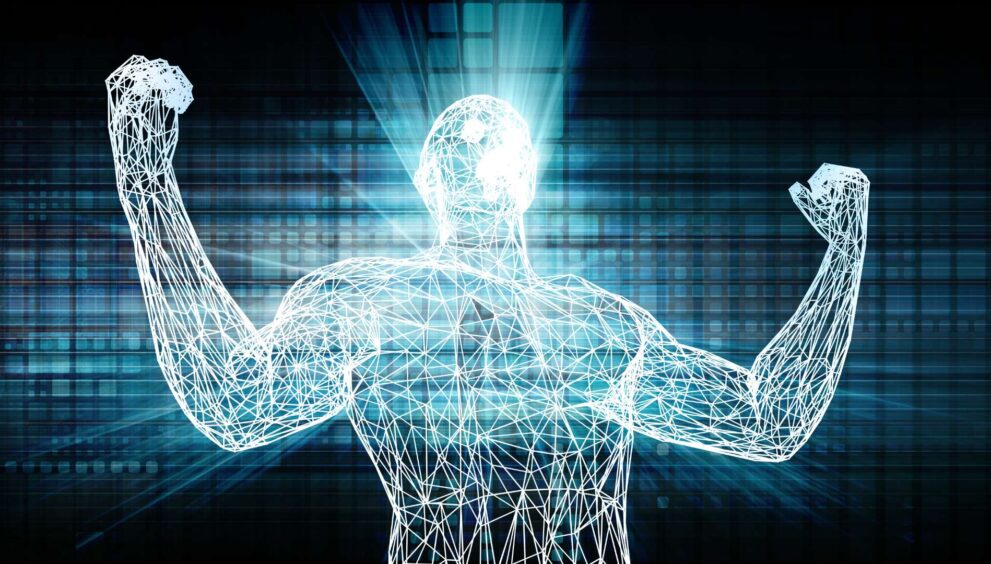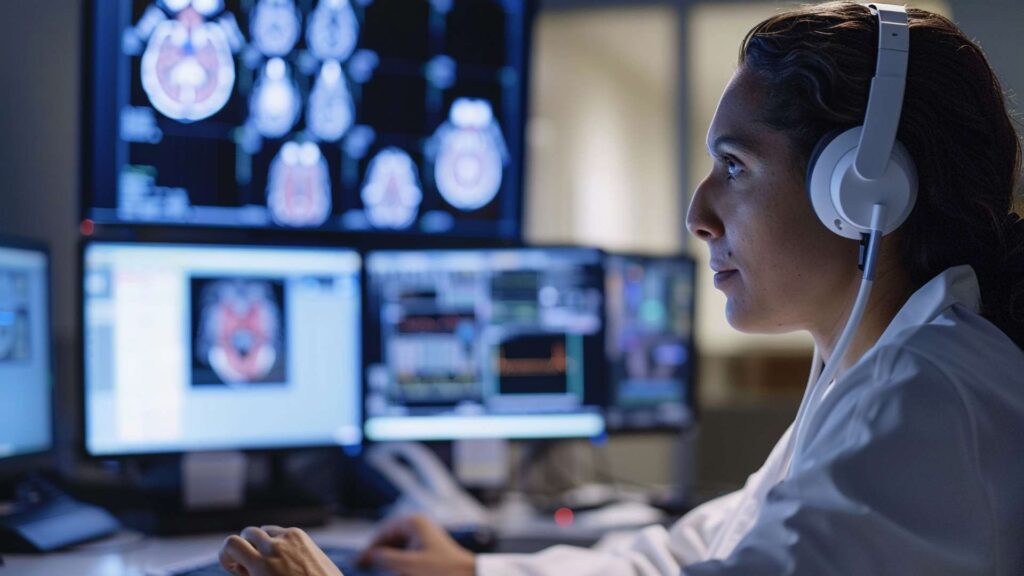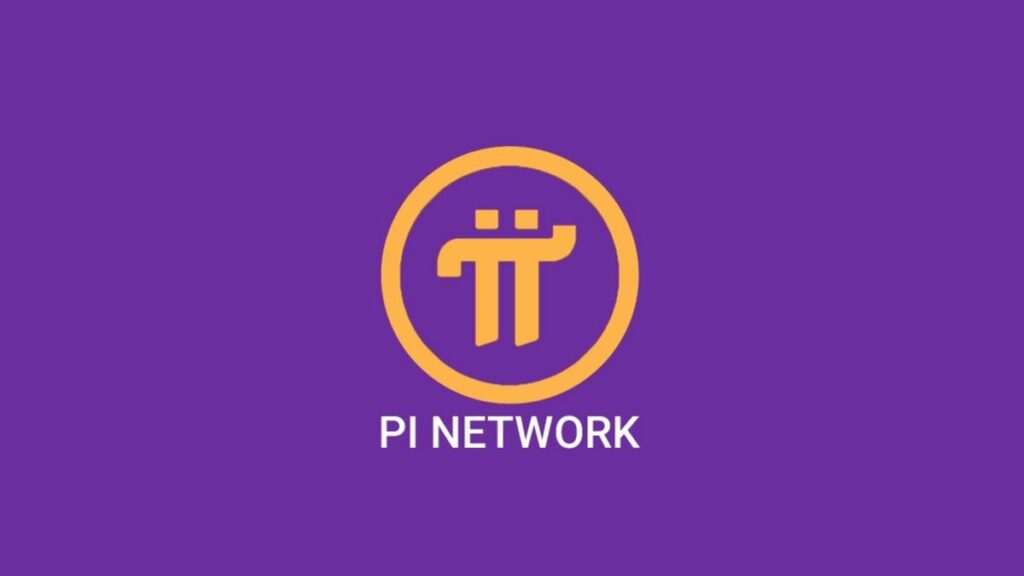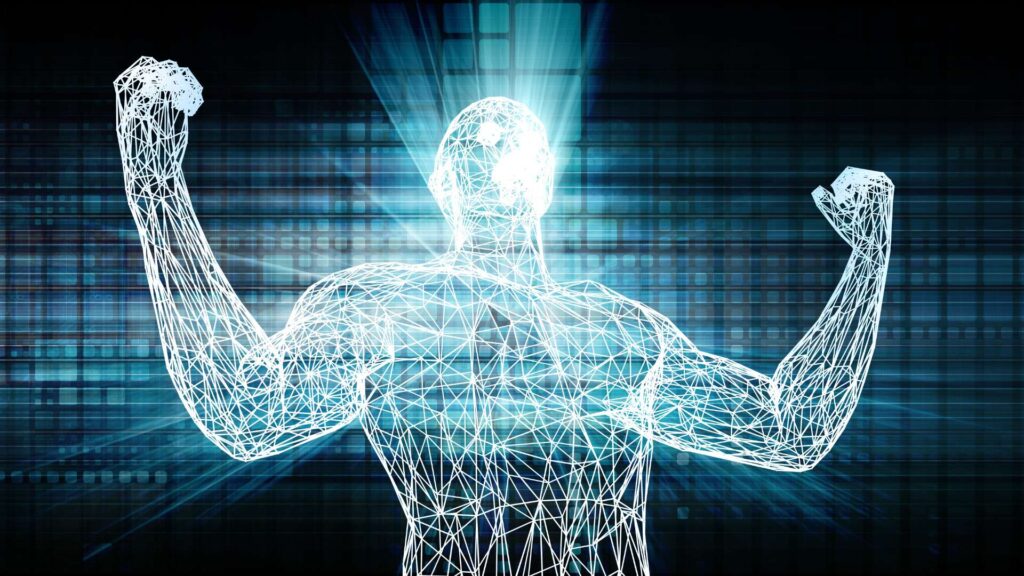AI-Driven Innovations: How Industries Are Getting Transformed to Redefine the Future of Technology

AI-Driven Innovations: The emergence of artificial intelligence has finally brought a whole new game into industries, reshaping the future. From automating mundane tasks to making life-changing medical advancements, improving finances, and transforming retail, among others, AI-driven innovations make processes efficient, more accurate, and improve customer experience like never before.
This blog explores some of the latest AI-driven innovations, their impacts across different sectors, and what the future holds for this ever-evolving technology.
Understanding AI-Driven Innovations
Artificial intelligence-driven innovation applies machine learning, deep learning, natural language processing, and computer vision to create intelligent systems that have the capacity for learning, reasoning, and decision-making. The technology is now revolutionizing businesses by optimizing operations, improving productivity, and enabling companies to stay competitive.
Key AI-Driven Innovations Across Industries
1. AI in Healthcare: Revolutionizing Patient Care
AI is revolutionizing healthcare through predictive analytics, medical imaging, robotic surgery, and personalized medicine. Key AI-driven innovations include:
- AI-Powered Diagnostics: AI models analyze medical images with high accuracy and detect diseases such as cancer and diabetic retinopathy earlier than human doctors.
- Predictive Analytics: AI predicts disease outbreaks, patient deterioration, and potential health risks, enabling preventive care.
- Robotic Surgery: AI-powered robotic arms assist surgeons in performing less invasive procedures more accurately, with quicker recovery periods.
- Chatbots and Virtual Health Assistants: AI-powered chatbots help patients schedule appointments, remember to take medications, and perform basic health consultations.
2. AI in Finance: Boosting Security and Efficiency
Financial institutions are adopting AI to enhance service efficiency and security while improving customer experience. Some of the major AI-driven innovations in finance include:
- Fraud Detection: AI algorithms analyze transaction patterns to detect and prevent fraudulent activities in real-time.
- Automated Trading: AI-powered trading bots execute high-frequency trades by analyzing vast amounts of market data instantly.
- Personalized Banking: AI-driven chatbots and virtual assistants provide personalized financial advice, investment recommendations, and customer support.
- Credit Scoring and Risk Assessment: AI evaluates creditworthiness using alternative data sources, enabling better loan approvals with reduced default risks.
3. AI in Retail: Revolutionizing Customer Experience
Retailers are deploying AI to enable personalized shopping, effective inventory management, and efficient marketing. Some key AI-driven retail innovations include:
- Personalized Recommendation: AI analyzes customer preferences and browsing history to recommend relevant products, increasing conversions.
- Virtual Try-On: AI-driven augmented reality enables customers to virtually try on clothes, makeup, or accessories before purchasing.
- Intelligent Inventory Management: AI predicts demand tendencies and automatically orders replenishments to avoid overstocking or shortages.
- Automated Checkout Systems: AI-driven self-checkout technologies reduce queues, enhancing in-store experience.
4. AI in Manufacturing: Boosting Productivity and Efficiency
Manufacturing industries use AI in automation, quality control, and predictive maintenance. Key AI-driven innovations in manufacturing include:
- Predictive Maintenance: AI analyzes data from machines to predict failures, reducing downtime and maintenance costs.
- Quality Control Automation: AI-driven vision systems provide real-time defect detection to maintain product quality.
- Robotic Process Automation (RPA): AI-driven robots handle repetitive tasks automatically, making processes faster and reducing human errors.
- Supply Chain Optimization: AI enhances logistics, route planning, and demand forecasting, reducing operational costs.
5. AI in Education: Enhancing Learning Experiences
AI has transformed the way education is offered by personalizing learning, automating administrative functions, and providing better access to knowledge. Innovations include:
- AI-Powered Virtual Tutors: AI creates personalized learning experiences tailored to students’ strengths and weaknesses.
- Automated Grading: AI automates grading and assessments, allowing educators to focus more on teaching.
- Language Translation and Accessibility: AI-powered tools enable real-time translation of educational content for diverse learners.
- Smart Content Creation: AI generates educational content, quizzes, and interactive learning modules.
6. AI in Marketing: Driving Engagement and Conversions
Marketers use AI to analyze consumer behavior, optimize campaigns, and improve engagement. Some AI-driven marketing innovations include:
- Predictive Analytics: AI predicts customer preferences and trends, helping brands refine marketing strategies.
- Chatbots for Customer Support: AI chatbots provide real-time customer support, improving response time and satisfaction.
- Content Generation: AI tools create engaging content, blog posts, and social media captions based on audience interests.
- Ad Optimization: AI optimizes ad placements and bidding strategies to improve ROI on digital advertising.
7. AI in Smart Cities: Creating a Smarter Way of Living
AI-driven innovations are making cities smarter, safer, and more sustainable. Major applications include:
- Traffic Management: AI optimizes traffic lights and congestion control based on real-time conditions.
- Public Safety: AI-enabled surveillance systems enhance security by detecting suspicious activities in real-time.
- Waste Management: AI predicts waste generation patterns and optimizes collection schedules.
- Energy Efficiency: AI monitors energy consumption and suggests ways to reduce wastage in smart buildings.
The Future of AI-Driven Innovations
1. Explainable AI (XAI)
With the increasing complexity of AI systems, transparency and accountability in decision-making will be crucial. Explainable AI will provide insights into how AI makes decisions, building trust in AI-driven solutions.
2. AI Ethics and Regulations
Governments and organizations are working toward AI governance frameworks to ensure ethical AI usage, data privacy, and fairness in decision-making.
3. AI-Powered Creativity
AI-generated art, music, and content will become more sophisticated, enabling businesses and creators to achieve new levels of innovation.
4. AI in Autonomous Vehicles
Self-driving cars will continue evolving with advanced perception, navigation, and safety capabilities.
5. AI-Enabled Hyper-Personalization
From personalized medical treatments to customized marketing experiences, AI will enhance hyper-personalization across industries.
Conclusion
AI-driven innovation is transforming industries, making them more efficient, secure, and customer-centric. Companies that embrace AI will enjoy a competitive advantage through improved productivity, reduced costs, and enhanced user experiences. The possibilities for AI-driven innovations are limitless, creating a smarter, more connected world.
For businesses looking to integrate AI-driven solutions, staying updated on emerging AI trends and investing in AI-powered tools is essential. The AI revolution is here—are you ready to be a part of it?





















































